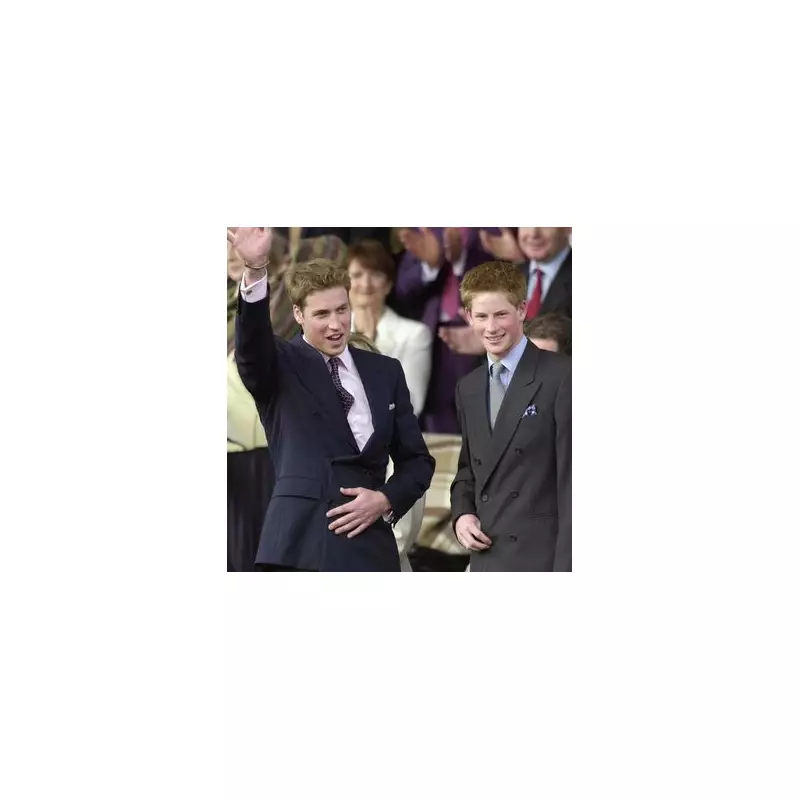
The Prince and Princess of Wales have offered a rare and heartfelt insight into their parenting approach as their daughter, Princess Charlotte, prepares for the significant academic milestone of her GCSE exams.
During a public engagement at a youth zone in London, the royal couple revealed they are taking a remarkably hands-on approach to supporting their children through academic pressures, with William even joking about becoming a "free tutor" for the children.
Royal Parenting: Support Over Pressure
Prince William shared his philosophy on exam preparation, emphasising emotional support over academic pressure. "The only thing I remember about my exams is I failed my maths exam spectacularly," he confessed with refreshing honesty. "I got such a low grade and I was really disappointed. I knew I hadn't worked hard enough."
The future king revealed how this early failure became a valuable life lesson, shaping his approach to supporting his own children through their educational journey.
Kate Middleton's Academic Success
In contrast to her husband's admission, the Princess of Wales was notably academic during her school years. She attended the prestigious Marlborough College before studying History of Art at the University of St Andrews, where she famously met Prince William.
Despite their different educational experiences, both parents are united in their approach to prioritising their children's mental wellbeing alongside academic achievement.
A Glimpse into Wales Family Life
The couple's comments provide a fascinating glimpse into how they are preparing their children for normal challenges despite their extraordinary position. With Prince George, Princess Charlotte, and Prince Louis growing up in the public eye, William and Kate are determined to provide them with as normal an upbringing as possible.
The royal couple's openness about exam stress and academic pressure resonates with parents across the nation, showing that even future monarchs face the same parenting challenges when it comes to their children's education.
Their supportive approach highlights the modern monarchy's connection with everyday British families, addressing common concerns about educational pressure and children's mental health in today's competitive academic environment.





